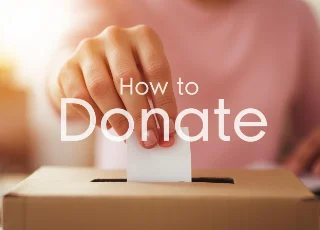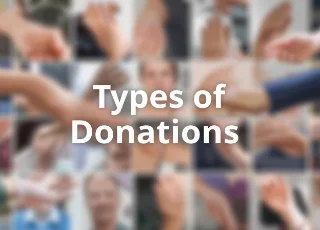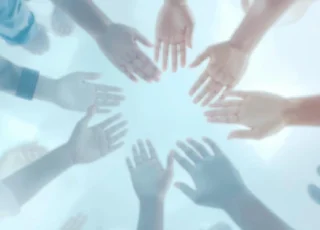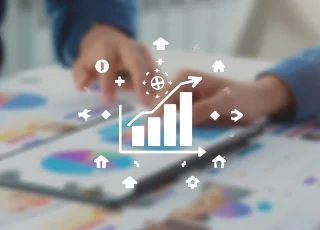- +92-321-1116542
- mmcwf24@gmail.com
- 7AM - 11PM
Edit Content
About MMDC
The Al Makki Al Madni Dialysis Center (MMDC) is a charitable welfare project established on the outskirts of Lahore, starting from the beginning of 2022. The center is dedicated to providing dialysis services to those in need, particularly individuals who may not have the financial means to afford regular dialysis treatments.






